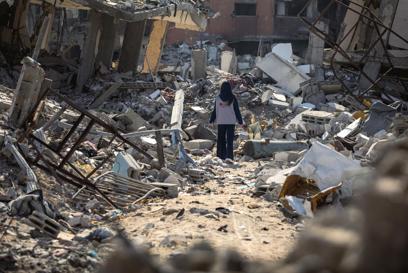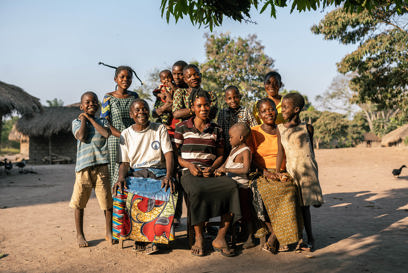Lebanon is facing a dire humanitarian crisis as the country has been plunged into what the World Bank says may be one of the three worst economic crises the world has seen in the past 150 years.
Hyperinflation in the country has drastically devalued the Lebanese Lira and left everyday Lebanese struggling to afford basic necessities as prices skyrocket. Today, food prices have increased tenfold from what they were only two years ago.
The poverty rate has nearly doubled from 42% in 2019 to 82% in 2021 (UN - Multidimensional Poverty rate), and the World Food Program (WFP) estimates that food prices in Lebanon have risen by 628% in just two years - leaving many families unable to cope with increased prices, debt and reduced income.
“The widespread fuel shortages are having a disastrous impact on people,” says Aloysius Canete, Caritas Australia’s Global Humanitarian Emergencies Lead.
“Fuel, which was already in short supply, is now near unaffordable. This has made groceries and electricity more expensive as well. Petrol prices have skyrocketed by an astonishing 1000% and cooking gas by 955% since the beginning of this year. Today, 20 litres of petrol are worth nearly half of the legal minimum wage, which means that it’s become almost unaffordable to commute to work or transport children to school.”
“Generators are widely used in Lebanon as a backup for inconsistent public supply of electricity, so now it’s not just households, but even hospitals and other vital services that are forced to ration electricity because they can’t afford to run the generators. This is a serious concern as winter can get very cold, and households may be unequipped to survive the snow without electricity to run heating.”
“The fuel crisis has even impacted the waste management system, as half the workers in waste management in Beirut have either left their jobs or cannot make it to work due to the rise of fuel prices – increasing the risk of disease outbreaks in the city.”
“It’s not just a shortage of fuel either – hospitals are facing a shortage of equipment and medications, and have reached the point of asking patients to start bringing their own as the hospital can’t supply them.”
“These pressures have a big impact on education as well, with the numbers of children out of school rising every day, which makes them more vulnerable to child labour or early marriage.”
“The scale of these impacts is almost unfathomable, and it’s something we haven’t seen since World War I. It is particularly worrying as only around a third of the population is now fully vaccinated, and this vaccination figure doesn’t fully account for large numbers of unregistered refugees in the country as well.”
“I was heartened to see the incredible support from the Australian public after the Beirut blast last year, and now more than ever the people of Lebanon need our support.”
Caritas Australia, through its partner, Caritas Lebanon is supporting the people of Lebanon including Mobile Medical Units, access to education and cash support for small business owners. To donate visit www.caritas.org.au/lebanon or call 1800 024 413 toll free.
All donations made through Caritas Australia are tax deductible.
Media contact: Jessica Stone 0490 684 867
jessica.stone@caritas.org.au or caritasmedia@caritas.org.au.
Note:
Aloysius Canete, Caritas Australia’s Global Humanitarian Emergencies Lead is available for interview.
Fr. Michel Abboud, Caritas Lebanon’s President is available for interview from Lebanon.
Charbel Zeidan, Caritas Lebanon’s Director of Programs is available for interview.

















